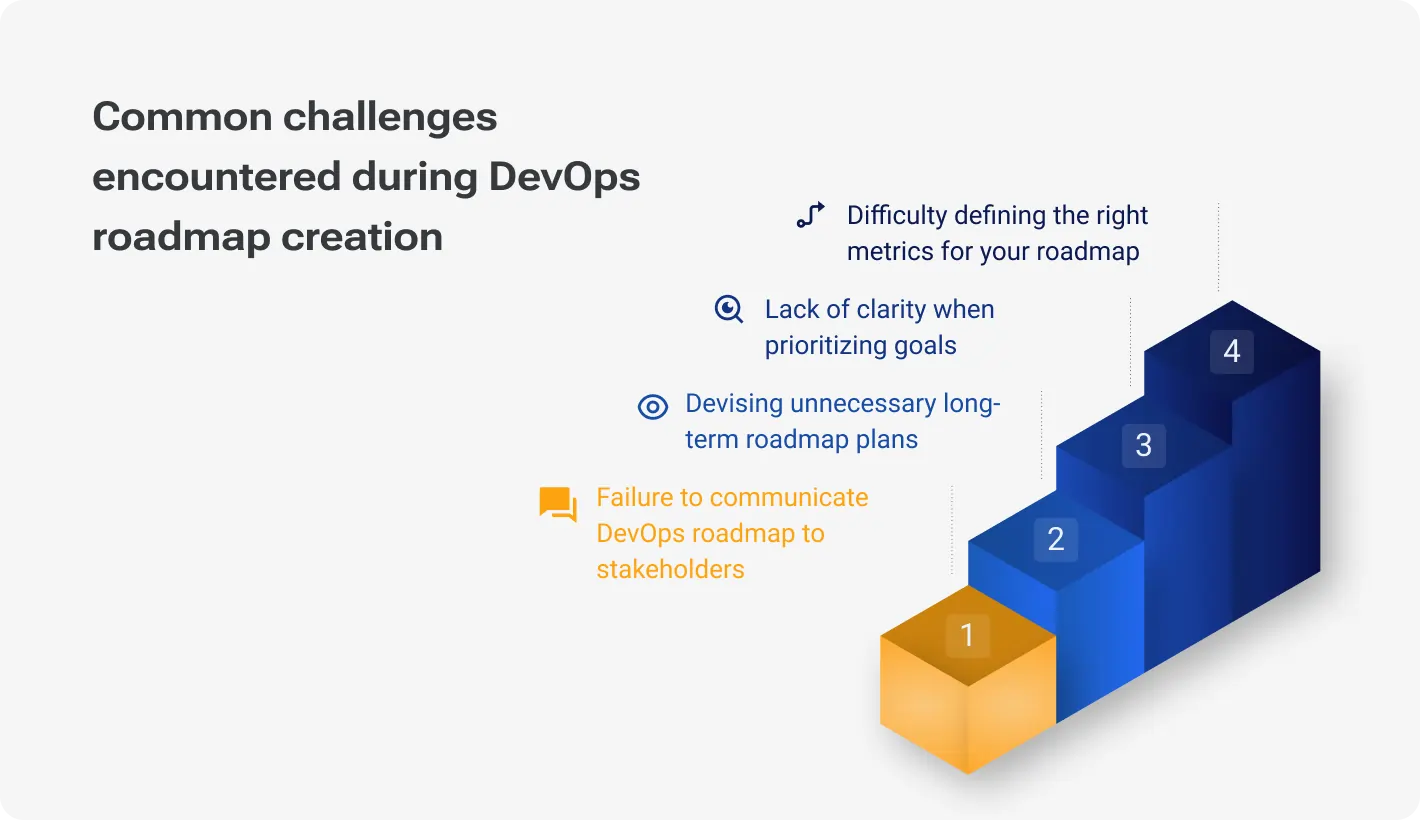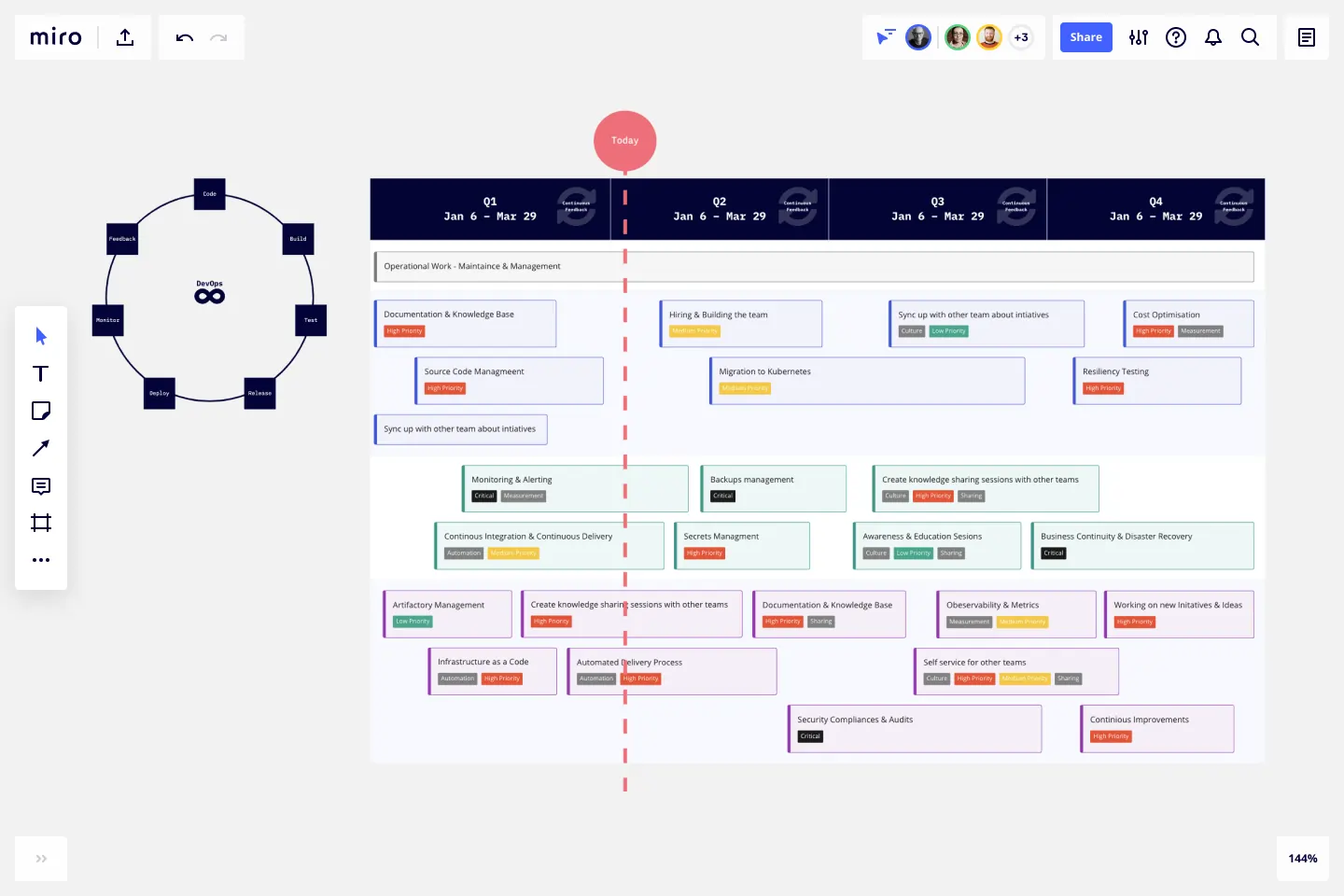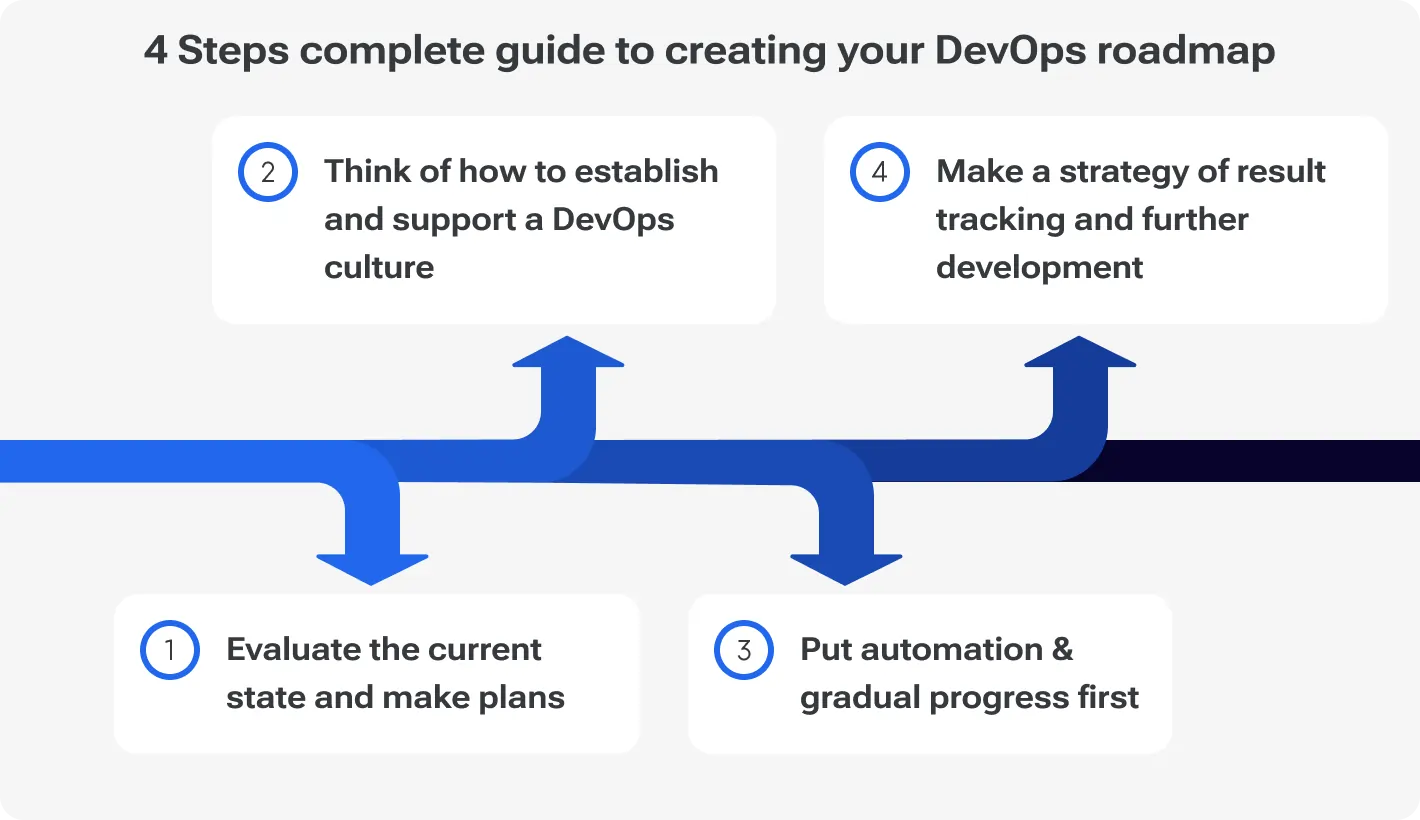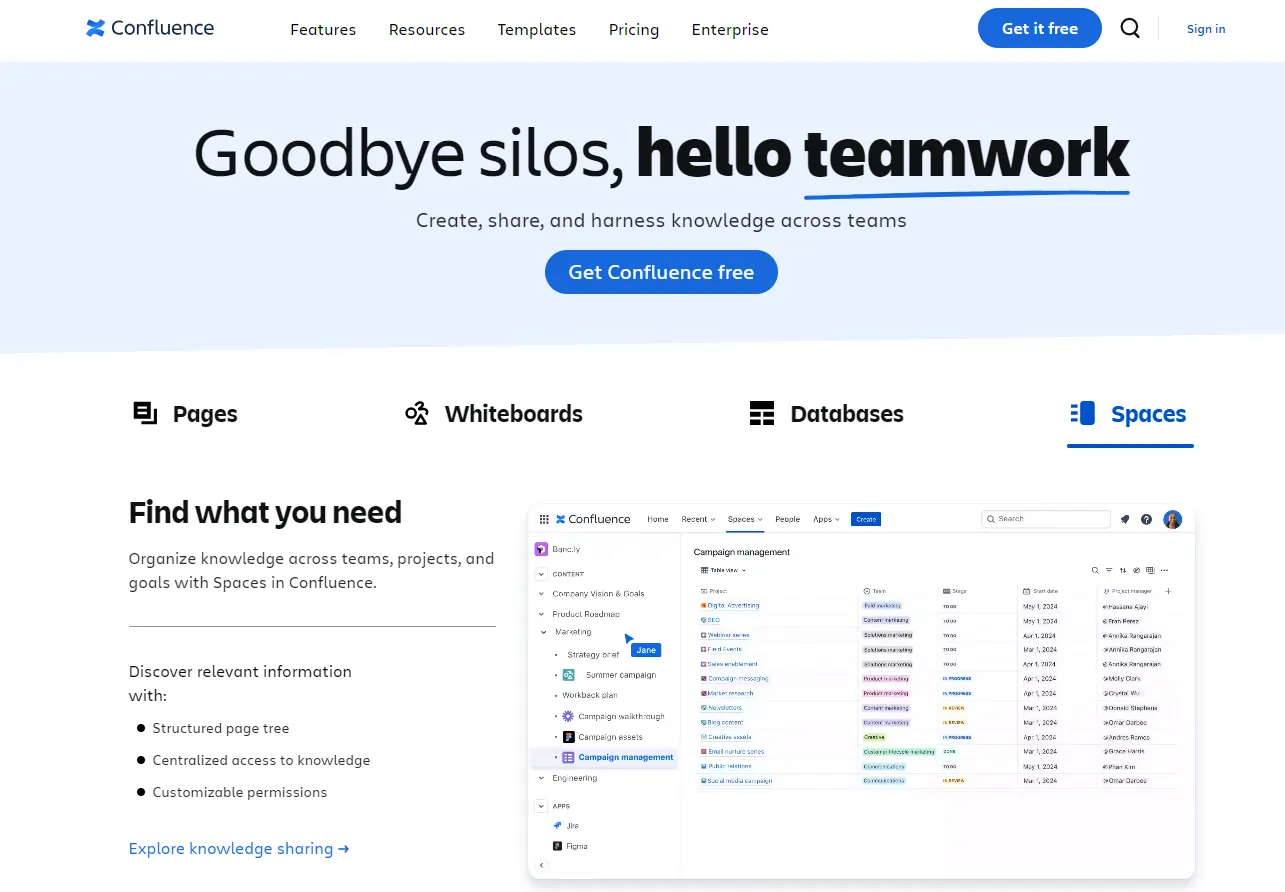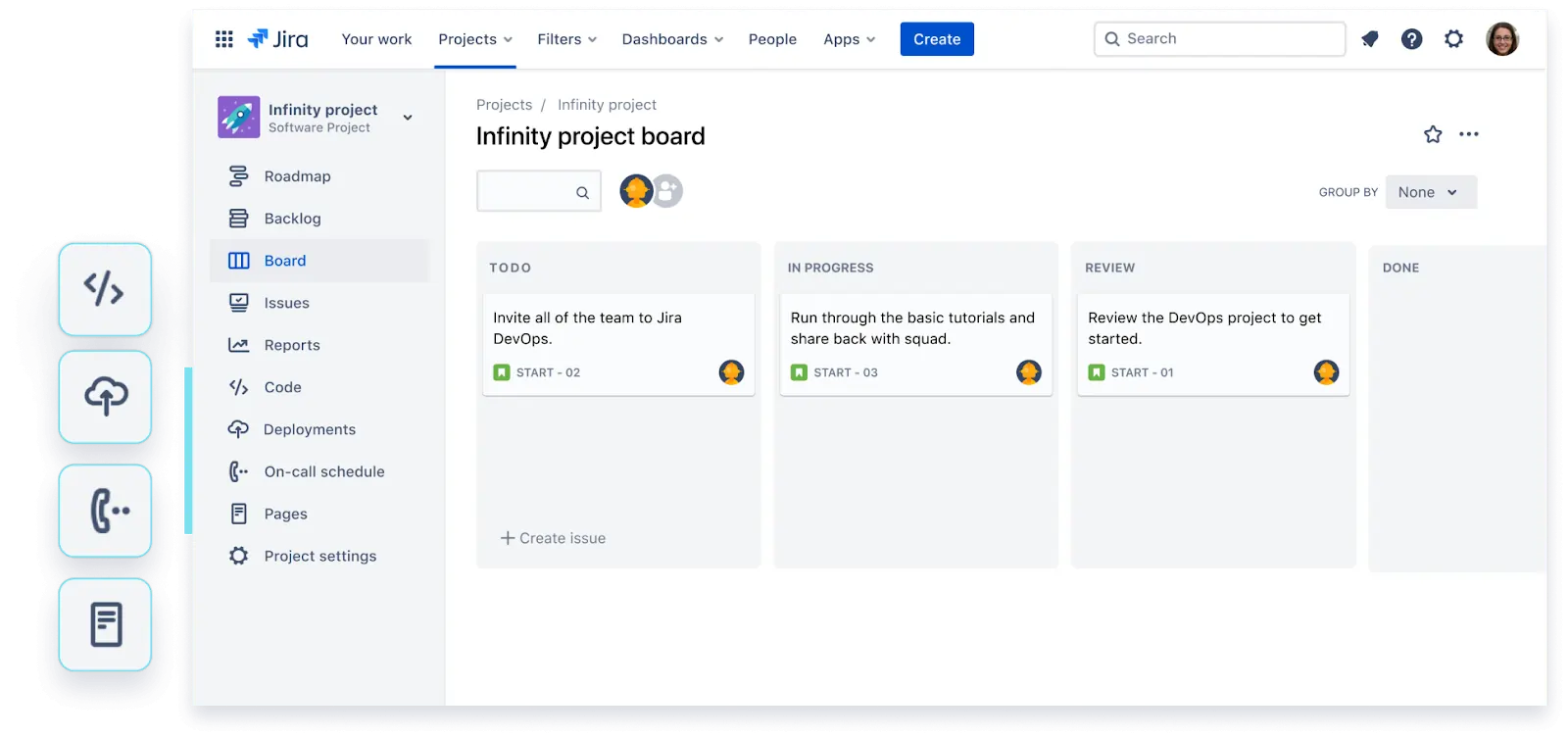Are you thinking of launching a startup or have already done this? Take into account that you are in an aggressive, highly competitive environment. An average of 100 million startups are emerging around the world every year, but only 10% of them do not lose in competition and turn out to be successful.
To enter this lucky 1/10, it's important to stay flexible, work fast, and improve constantly. DevOps model can help an IT business with this. It is a development pattern that cherishes cross-department cooperation, deployment process automation, and uninterrupted code delivery.
Its introduction comes with numerous benefits, such as swifter time-to-market, higher product quality, and much more. To find out all the advantages of this model and get practical recommendations on creating a DevOps roadmap, keep on reading this article.
Embrace DevOps and reduce your time-to-market by 21%, elevating your business to new heights of success
Why a DevOps roadmap is necessary for a startup
Traditional development models have some downsides that often become tangible stumbling blocks on the way to promoting a startup. When the teams of engineers and operations managers are isolated from each other, they cannot work together efficiently. It may lead to:
incomplete market relevance of the product;
too slow introduction of updates, and other problems.
DevOps can solve all these challenges with its cross-collaboration culture and automation of the steps it takes to get code from the developer's computer to the marketplace. This methodology will allow you to:
overcome silos between different departments through enhanced cross-team collaboration;
gain more agility thanks to quick continuous delivery of updated code;
eliminate human errors in the deployment process with the help of automation.
To implement this model into your workflow, you need a DevOps roadmap. This is a detailed and clearly laid out plan for all your initiatives related to transitioning to a new work pattern: from setting goals to measuring success. To make your roadmap more visualized, you can use special boards, task managers, and project management systems, such as Miro, Jira, ClickUp, etc.
DevOps roadmap illustrated in Miro
A detailed plan with clearly defined goals and specified methods to achieve them will help you stay on track and reach the results you want. At the same time, a roadmap should also give you room for flexibility so that it is possible to correct your objectives depending on the progress at certain stages and align with the ever-changing market environment.
How to create a startup DevOps strategy? You will get a step-by-step guide further in this article.
How to develop a DevOps roadmap for a startup in 4 stages
Before you take action, you need to create a clear strategy and think things out from A to Z. You need to create a detailed plan for each step of implementing the new culture into your work processes: from initial goals to progress tracking. Here are some practical recommendations on the 4 essential steps.
Stage 1: Evaluate the current state and make plans
Do a detailed analysis of your business structure and workflow model to understand your starting point. Assess your development and operations processes, by answering the following questions:
what strong and weak points your workflow has;
what technology stacks and skill sets your current teams have;
how communication between departments is happening and if it's effective enough;
whether it is possible to bring your product to market and update it quickly enough.
The answers to these questions will let you determine which goals are currently of the highest priority and the most achievable. After analyzing your business, formulate clear objectives that you will use as a beacon on the way to the final result.
Additionally, think right away about what potential problems you may encounter in the process of achieving these goals. This is necessary to ensure that small difficulties that appear suddenly will not turn into insurmountable barriers for you.
Stage 2: Think of how to establish and support a DevOps culture
Implementing this methodology into business processes requires a corresponding change in staff mentality. Here are the main tenets of creating the right atmosphere in a company.
Coping with silos
Important information should not stagnate within a single department. It should be available to everyone who may need it for their work. Teams must communicate effectively with each other to share essential data. To improve the information flow throughout the company, specialized systems such as Confluence can be used to create a unified database of important work data.
Confluence is a good tool to overcome silos
Encouraging cross-department cooperation
All departments, especially development and operations, should work together to achieve the best results. To succeed in building effective communication between all teams, make sure every employee knows the company's mission and objectives. A shared goal will unite personnel from different departments into one big team.
Additionally, make the process of setting and accomplishing tasks transparent. The speed and quality of task completion by one department may also determine the outcome of another team's work. Therefore, it is crucial to give the opportunity to see what stage the tasks are at to every employee who needs it. For this purpose, it is a good idea to use task managers, such as Jira, ClickUp, Trello, or others.
Jira helps to establish effective cooperation between different teams
Fostering cross-team communication
Promote open and honest communication. Employees should not be afraid to voice their opinions and talk about the blocks that are preventing them from achieving their goals faster and more successfully.
Also, make sure your staff has access to easy-to-use tools for communicating with coworkers, especially if you have a remote team. To keep all employees in touch on work-related issues, use specialized work messengers, such as Slack.
Slack is one of the tools for ensuring effective cross-department communication
Maintaining an atmosphere of constant learning
In an ever-changing environment, it is essential to be flexible and open to learning. Therefore, encourage your employees to improve their skills and acquire new ones. For this purpose, it is possible to organize a system of internal training, as well as motivate your staff to attend specialized courses, conferences, etc. to keep up to date with new industry trends.
It is also a good idea to make employees informed on how other departments work and what tasks they are engaged in. Understanding the basics of the workflow structure of other teams will keep everyone on the same page.
Establishing the ‘fail-fast, learn-fast’ way of thinking
It is a culture of identifying errors quickly at the early stages of work, correcting them, and adapting to new conditions rapidly. Employees should not be afraid to recognize and correct their mistakes right away, because correcting them at later stages may take more time and budget.
Stage 3: Put automation first and progress gradually
Automation is an integral part of DevOps for startups. It gives an opportunity to speed up launching new products and releasing updates, as well as to save some budget.
In order to succeed, it is crucial to develop a detailed strategy for the gradual automation of processes. The path to great success begins with small steps. First, start automating simple tasks, such as testing and deploying code. The following DevOps tools can assist you in the process of automation.
Version control software. It allows developers to keep track of code versions and manage them. This is very useful in case of frequent updates to monitor how certain features worked at different stages of product development. It also helps a lot in fixing various bugs.
CI/CD pipelines. It is a set of tools to automate continuous integration and deployment/delivery of code. This suite may include compilers and code analyzers, automated unit tests, and other elements. All this allows you to speed up time-to-market and update time, as well as avoid human errors in the testing and deployment processes.
Stage 4: Make a strategy of result tracking and further development
In order to understand where exactly you stand on the way to your goals, and to be able to assess whether you've achieved them successfully enough, it's important to plan ahead how you are going to measure success. It is essential to analyze progress not only at the end of the journey but also at the intermediate stages. This will allow you to correct your strategy if necessary, depending on the results already obtained, as well as adjust to market changes.
When analyzing success at all stages, it is important to strategize how to achieve even better results. As you adjust goals, ensure to make data-driven decisions. Also, encourage employees to contribute their ideas, and don't be afraid to add a little experimentation to your workflow. This will help reinforce the culture of open and honest communication, as well as foster the ‘fail-fast, learn-fast’ atmosphere.
To understand clearly how you are going to measure the outcomes of your work, make a list of the metrics you'll be using and formulate goals in the form of figures you aspire to. For instance, think of how much exactly you’d like to boost deployment speed or how exactly you wish to shorten lead time for changes.
Additionally, if you are moving from a traditional development to a new pattern, the DevOps maturity model can help you define where you are on this complex path. It is a scale that assesses the level of implementation of the new culture in the company's work processes and communication.
It usually consists of 5 stages: from the initial phase when the company is still completely adhering to traditional methodologies to the expert level when it has firmly rooted all the principles of DevOps culture and reached the planned automation.
DevOps KPIs and metrics to measure success
Essential benefits of outsourcing DevOps for startups
Multiple challenges may arise in the process of building an in-house DevOps team. They are often so complicated that even large companies find them difficult to overcome. And for startups, they can even become insurmountable blocks. Therefore, you should do whatever it takes to avoid difficulties in the process of introducing this model to your company.
Outsourcing DevOps is a winning choice for those who don't want to cloud their path with significant complexities. From the table below, you will find out what challenges related to creating an in-house team outsourcing can help you avoid and how.
Building an in-house team vs outsourcing: Challenges and solutions
In-house team challenge
The challenge explained in detail
How outsourcing can solve this challenge
A company that wants to introduce this workflow model needs to attract highly qualified engineers who have experience, particularly with this methodology. Finding and hiring them is a real challenge.
The outsourcing company already has professionals who know DevOps inside out. When you cooperate with seasoned outsourced specialists, you get their expertise without having to conduct the talent acquisition by yourself.
Finding the right talent and establishing a new methodology from scratch may require significant spending.
Turning to a ready-made experienced outsourced team will be much cheaper if you find the right company. In addition, it is possible to choose a strategy of flexible scaling. This way provides for gradual growth without investing huge sums at once.
Implementing all principles and toolkits of the new methodology from scratch may take a significant amount of time. Startups often don't have too much time to develop. They need to grow rapidly to have a better chance of winning the competitive war.
By contacting outsourcing specialists, you receive their experience and expertise immediately without any delays.
Devico has a team of seasoned engineers with experience in cooperating specifically with startups. They are ready to take your business to the next level with the help of their high skills and expertise. Contact us to get a professional IT consultation customized to your needs!
Quick summary
DevOps is a perfect model for a startup. It brings agility, high speed, and enhanced quality which are so important for winning the competitive war.
A DevOps roadmap will help you achieve the set goals more effectively since clear planning is the key to success. Thoroughly plan all your initiatives: from setting the right goals, developing the appropriate culture and communication in the company, and automating processes to measuring the results.
And if you want to avoid challenges and get the expertise of seasoned professionals with minimal time and budget investment, consider outsourcing. Experienced specialists from Devico are always happy to provide you with their high-quality services at a reasonable price.
Ready to enhance your IT infrastructure's efficiency?


